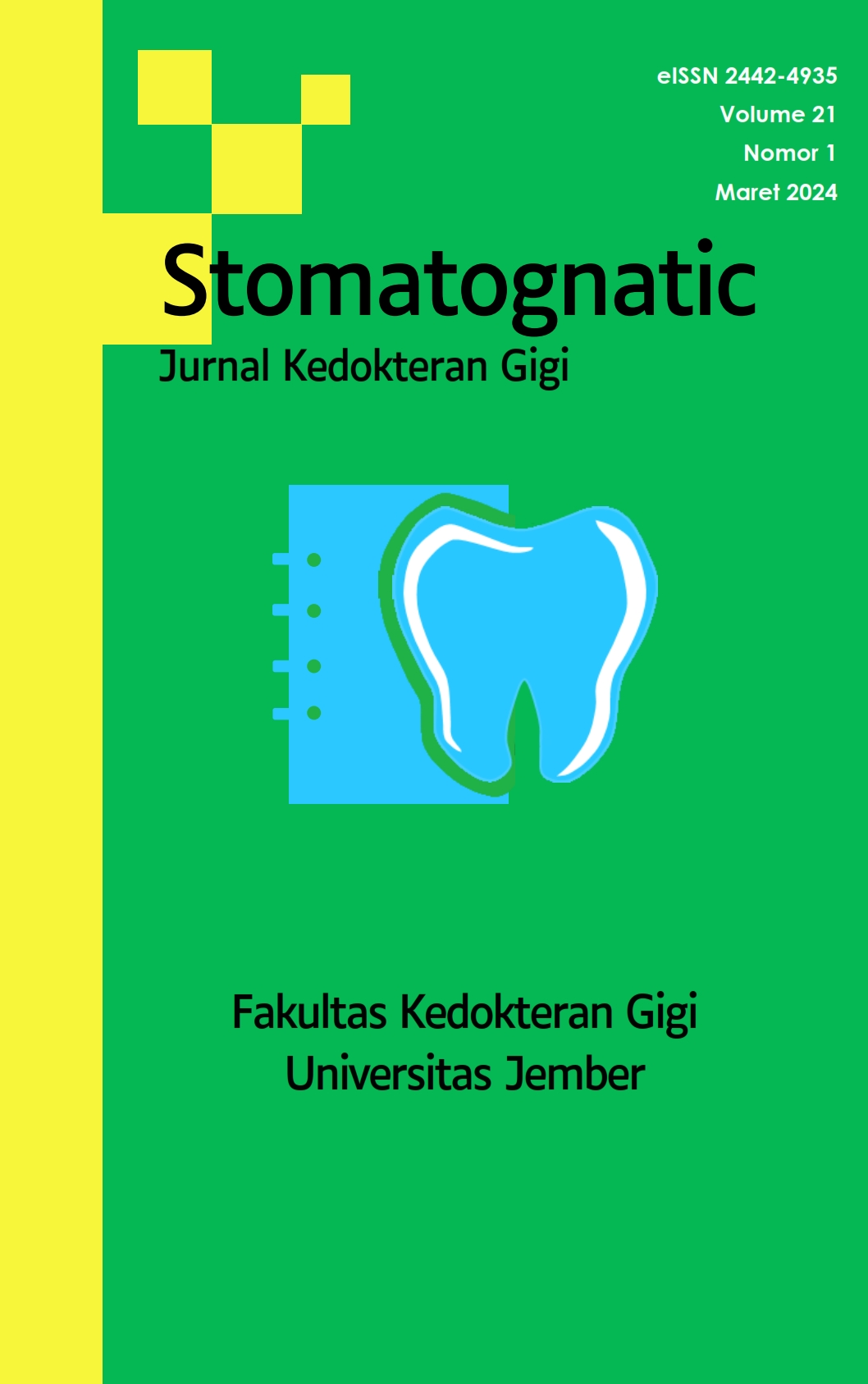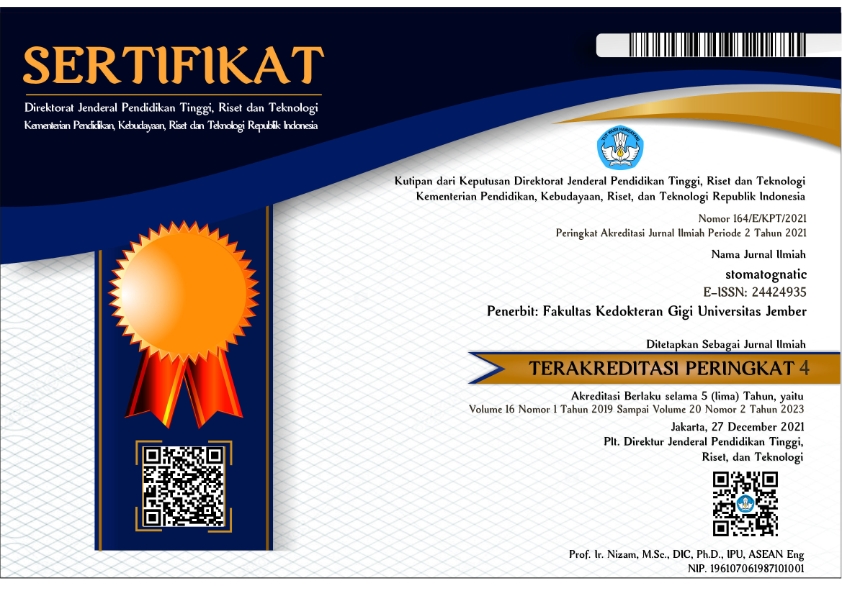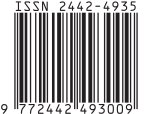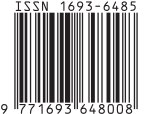Efek Ekstrak Ampas Seduhan Bubuk Kopi Dalam Menghambat Produksi Malondialdehid Pada Isolat Monosit Perifer Manusia yang Distimuli Dengan Eksotoksin Streptococcus mutans
DOI:
https://doi.org/10.19184/stoma.v21i1.47332Keywords:
Antioxidants, Coffee Grounds, Monocytes, MalondialdehydeAbstract
Monocytes as non-specific immune cells provide an early response to pathogens and foreign objects that enter the body. When exposed to pathogens or foreign objects, monocytes experience an increase in the number of free radicals. Free radicals activate phospholipase enzymes that break down membrane phospholipids into phosphate, glycerol and fatty acids. Unsaturated fatty acids (PUFAs) react with free radicals to undergo peroxidation to produce malondialdehyde (MDA). It takes antioxidant compounds that can reduce excess free radicals in the body. Coffee grounds as solid waste from the consumption of processed coffee products are not used and disposed of, it is suspected that they can be used as antioxidants. This study aims to determine the effect of coffee grounds steeping antioxidants on the profile of MDA levels in monocytes stimulated by the S. mutans exotoxin (In Vitro). Research was done in experimental post test only control group design. The object of this study was human peripheral blood monocytes, which were isolated by the Gradient Density method. Following in vitro exposure to the exotoxin S. mutans, the monocyte isolates were subjected to treatment with brewed coffee grounds extract at three different concentrations (0.25 mg/ml, 0.50 mg/ml, and 0.75 mg/ml). The MDA levels were subsequently determined by employing the TBArs method on a UV-Vis spectrophotometer. The results of MDA levels were analyzed using One Way Anova and LSD. The MDA level data showed significance (p<0.05) with the average MDA level in the Negative Control group1.49 g/ml; Positive Control 10.62 g/ml; T1 8.15 g/ml; T2 6.59 g/ml; and T3 4.69 g/ml. It can be concluded that the extract of brewed coffee grounds can reducing MDA levels in monocytes exposed to the exotoxin of S. mutans.







